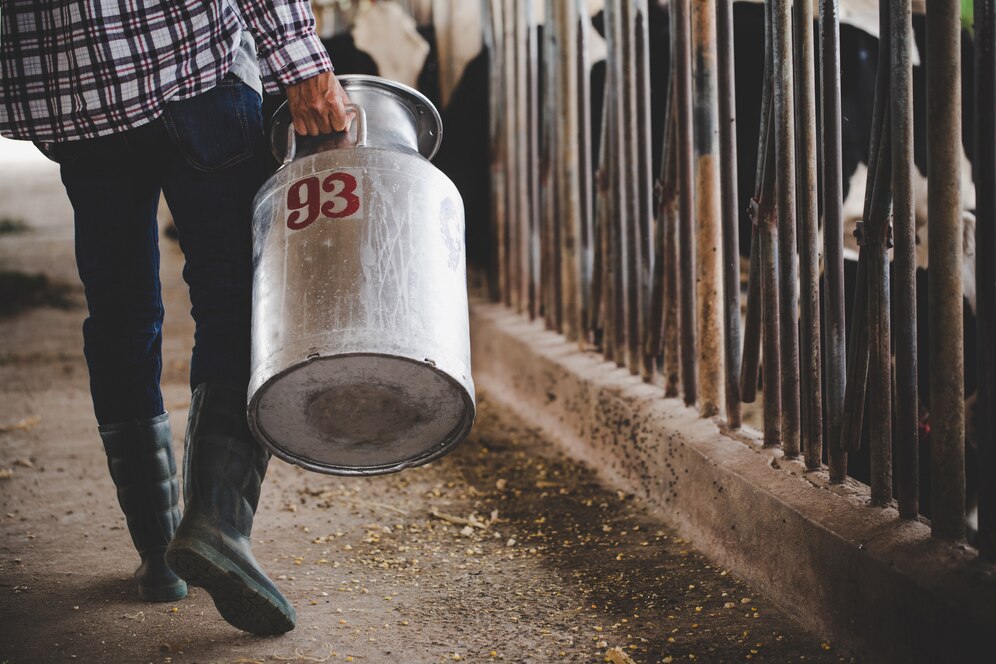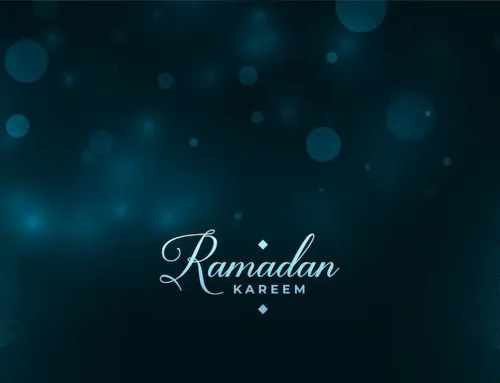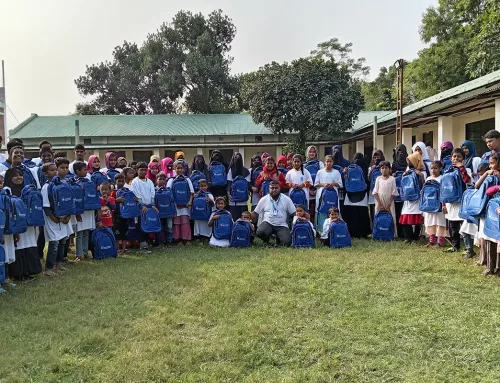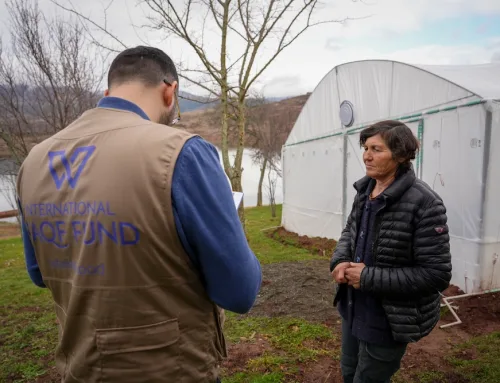nisab meaning
is the minimum threshold that wealth must reach before zakat (obligatory almsgiving) becomes due.
It is a fundamental condition for zakat, ensuring that it is only imposed on those who possess a sufficient amount of wealth.
Islamic teachings have established specific nisab thresholds for different types of wealth based on Quranic verses and prophetic traditions.
The Importance of Nisab in Zakat
Nisab serves as a financial benchmark that ensures zakat is only required from individuals who are financially capable.
This principle upholds fairness, as it exempts those who do not possess the minimum required amount of wealth from paying zakat.
Types of Nisab in Zakat
It is categorized as follows:
Gold and Silver
- Gold: It is 85 grams of pure gold.
- Silver: It is 595 grams of pure silver.
- Zakat is due if the gold or silver reaches the nisab and remains in possession for one lunar year. The zakat rate is 2.5% of the total value.
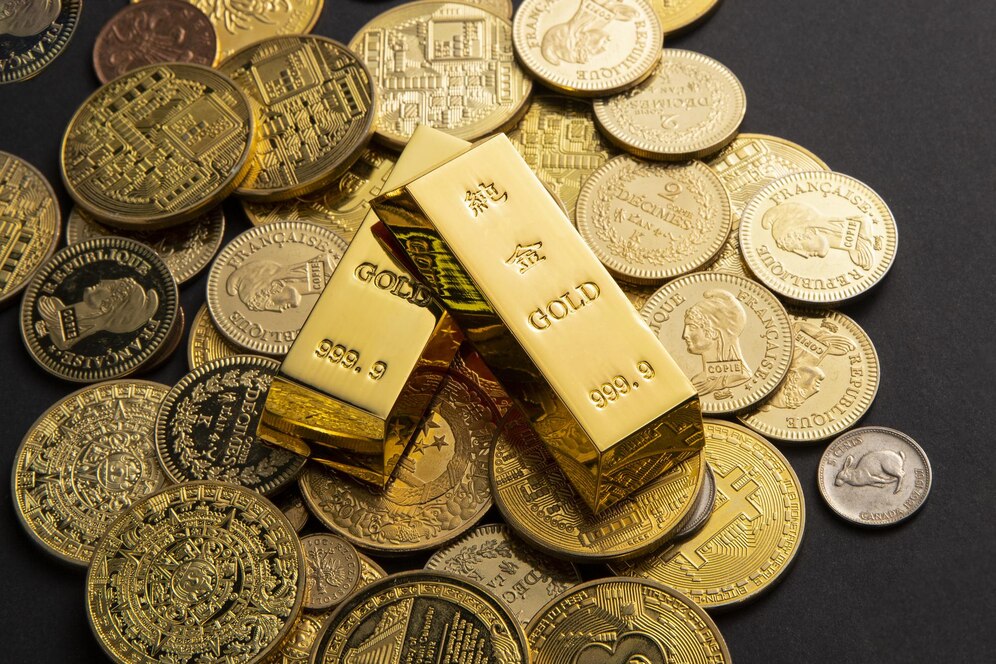
Cash (Money)
- For cash is determined based on the value of gold or silver.
- Scholars recommend using silver as the standard since it benefits the poor more. If a person’s cash holdings reach the equivalent of 595 grams of silver or 85 grams of gold and a lunar year has passed, zakat of 2.5% is due.
Agricultural Produce
- Zakat is obligatory on crops and fruits if they reach five wasq, equivalent to approximately 653 kilograms of dry grains or fruits.
- The zakat rate is 10% if the crops are naturally irrigated by rain or rivers and 5% if they require artificial irrigation (e.g., wells, irrigation systems).
Livestock (Cattle, Sheep, and Camels)
- Camels: It starts at five camels, for which one sheep must be given as zakat.
- Cows: The nisab starts at 30 cows, with specific zakat amounts based on the herd size.
- Sheep and Goats: The nisab starts at 40 sheep, requiring one sheep as zakat.
- Zakat is only required if the livestock grazes freely in natural pastures and is not used for labor or trade.
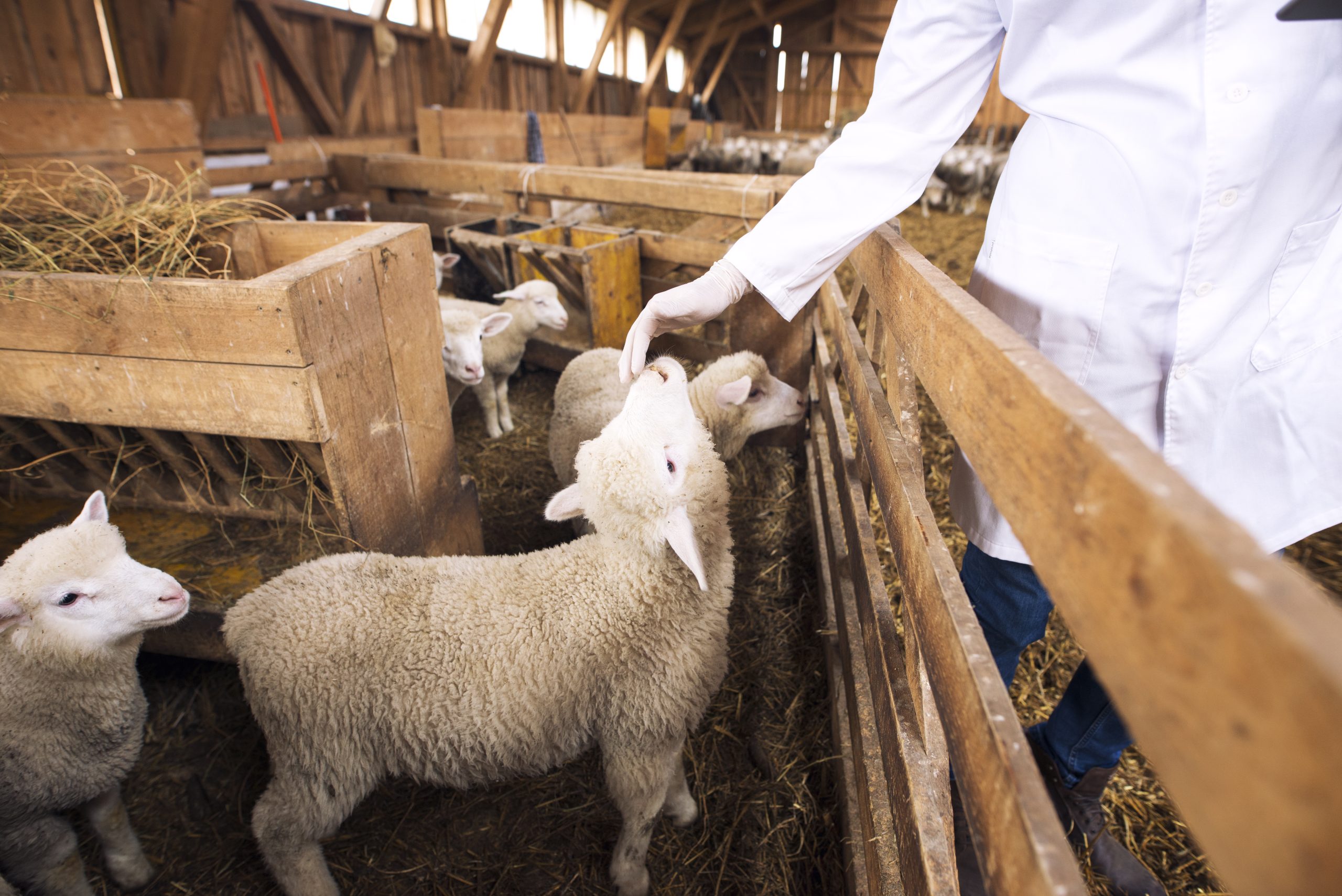
Trade Goods (Business Assets)
- This applies to all goods and assets intended for trade, such as merchandise, real estate for sale, and business inventory.
- The nisab is determined based on the value of gold or silver. A zakat rate of 2.5% is applied to the net annual profits after deducting business expenses.
Minerals and Buried Treasures (Rikaz)
- Minerals (e.g., gold and silver extracted from the earth) require zakat of 2.5% if they reach the nisab.
- Buried treasure (rikaz), which refers to ancient hoarded wealth discovered in the ground, is subject to an immediate 20% zakat upon discovery.
How to make an online donation?
Allocating donations to those who are most in need requires significant effort, time, and resources.
This is the mission of highly reputable organizations today, providing a convenient and straightforward online donation process. You can contribute your Zakat to our parent organization, “Islamic Relief Worldwide” which has an extensive presence across all continents.
Additionally, you can donate a Sadaqa Jariyah or a Waqf share at any time throughout the year and with any sum of money, via our website.

